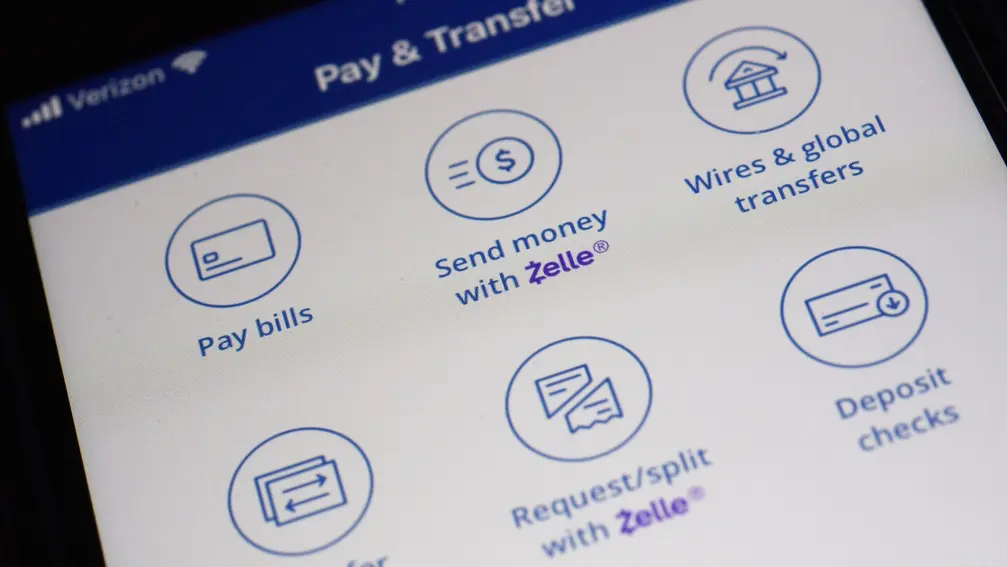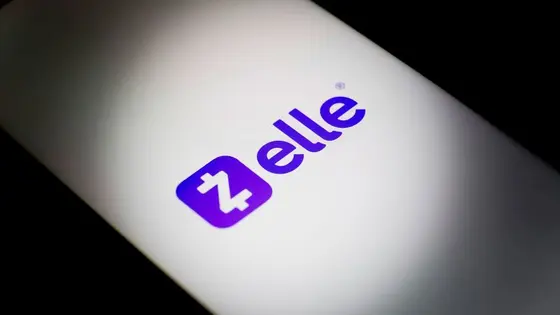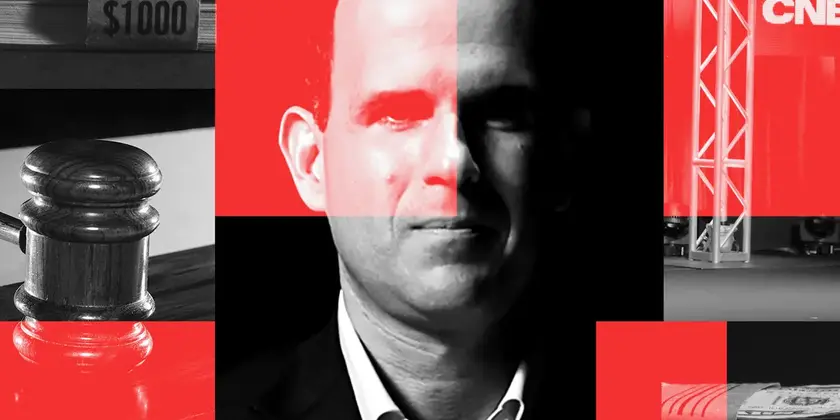T4K3.news
New York Sues Zelle Owner for Fraud Claims
The New York attorney general filed a lawsuit against Early Warning Services over Zelle safeguards and alleged fraud losses.

New York's attorney general filed a lawsuit against Early Warning Services, the owner of Zelle, alleging it failed to implement basic anti fraud safeguards.
New York Attorney General Sues Zelle Owner for Alleged Fraud
New York Attorney General Letitia James filed a lawsuit on Wednesday against Early Warning Services, the owner of Zelle, alleging the network was designed without essential safety features. The suit says scammers stole more than 1 billion dollars from users between 2017 and 2023 because the registration process lacked verification steps, and that EWS and its partner banks knew fraud was spreading for years without taking meaningful action.
James seeks restitution and damages and a court order forcing Zelle to install anti fraud measures. The action follows a similar CFPB case filed in December and dismissed in March, which named EWS and the banks JPMorgan Chase, Bank of America, and Wells Fargo as defendants. The state case highlights ongoing questions about who bears responsibility when rapid digital payments enable wrongdoing and how regulators can push for stronger safeguards.
Key Takeaways
"No one should be left to fend for themselves after falling victim to a scam."
James on victims
"I look forward to getting justice for the New Yorkers who suffered because of Zelle's security failures."
James on accountability
"Zelle became a hub for fraudulent activity."
AG description
"EWS knew from the beginning that key features of the Zelle network made it uniquely susceptible to fraud."
Alleged knowledge by operator
The suit spotlights a broader shift in digital payments where speed and convenience test safety rules. It raises questions about the duties of payment networks and the banks that depend on them to protect customers. A ruling in this case could push networks to adopt stronger verification and fraud detection, even if that slows transfers.
Politically and commercially, the case could shape how regulators map accountability in the evolving payments landscape. Banks may respond with higher compliance costs or renewed calls for clearer reimbursement standards. For consumers, the outcome may increase relief options but also create uncertainty about who pays when protection fails in a fast moving system.
Highlights
- No one should be left to fend for themselves after falling victim to a scam.
- I look forward to getting justice for the New Yorkers who suffered due to Zelle's security failures.
- Zelle became a hub for fraudulent activity.
- EWS knew from the beginning that key features of the Zelle network made it uniquely susceptible to fraud.
Regulatory action against Zelle owner prompts scrutiny
The lawsuit sits at the intersection of consumer protection, financial regulation, and private sector responsibility for security. It could provoke political backlash and affect relationships with banks and fintech partners. The case may influence public opinion on digital payments and the costs of safeguarding users.
The outcome will test how aggressively states can police digital payment networks while preserving helpful innovation.
Enjoyed this? Let your friends know!
Related News

New York Sues Zelle Parent Over Fraud Protections

NY AG sues Zelle parent over fraud

New York Sues Zelle Banks Over Fraud Failures

Trump sues Rupert Murdoch over Wall Street Journal article

Marcus Lemonis Returns to TV with New Show

Trump sues Murdoch and the Wall Street Journal

Instagram deception fuels global pigbutchering crypto scam

Return Fraud Causes $103 Billion in Losses for Retailers
